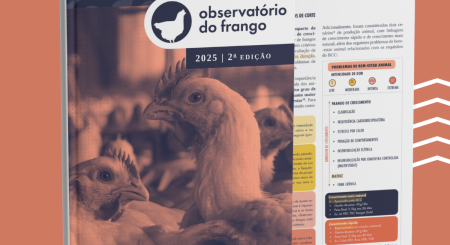The effects of household food waste are more catastrophic than you might think, and we need to counteract this culture before it’s too late.
Attesting that we are a society that constantly wastes food, despite being inserted in a context of national hunger , is a bitter task, but not complicated, after all, all it takes is a brief look at your home’s trash or the street trash can to observe the amount of food that will no longer fulfill the role of nourishing and sustaining. A large part of the population that lives in a situation of food security and that wastes food has not been educated to value the supplies available, therefore, they often end up throwing them in the trash for many reasons, whether due to lack of planning or ignorance of how to use them. and dispose of them in the best way. The bad news is that this lack of awareness has serious consequences that go beyond the domestic environment.
What we eat does not magically reach markets and fairs – we must always remember that a series of precious resources are used in food production, such as land, water , energy, money, labor, among others that, when wasted, generate impacts of tragic proportions, as a study carried out by the United Nations Environment Program (UNEP) points out: “waste overloads waste management systems and increases food insecurity, contributing to the three planetary crises: climate change, loss of biodiversity and increased pollution”. In other words, waste generates significant environmental, social and economic impacts that need to be tackled not only by companies and governments, but also by citizens, who play a fundamental role in this process, as most waste occurs in the retail and consumption stages. . The report shows that 931 million tons of food, or 17% of the total food available to consumers in 2019, are wasted worldwide annually, with 11% in households and 5% and 2% in food services and establishments, respectively.
Worldwide, more than 10% of people go hungry and evidence suggests that the problem we face today is not a lack of food. Rather, it is a problem related to the inefficiency of the food system. In total, we lose a third of the food produced in the world, around 1.3 billion tons of food – between the farm and the table, during the storage, transport, processing, packaging, sale and preparation stages.
The world population is expected to grow by two billion people in the next 30 years, and the challenge of feeding it is great and also involves combating waste. Therefore, it is important that each person takes efficient action today to combat it. Watch the video for 4 tips on how to avoid wasting food in your everyday life so that you can do your part in this fight.











